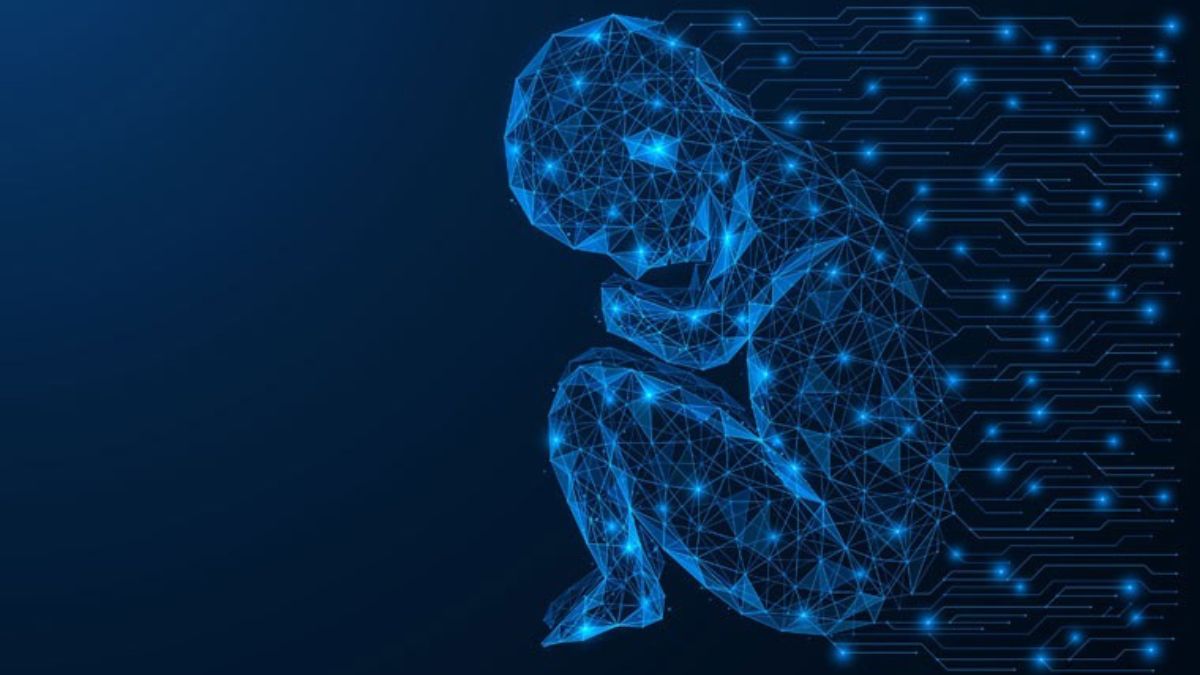How AI is emerging as a valuable tool in predicting embryo viability

Embryo screening is evolving rapidly, thanks to the advancement of technologies and data-driven approaches. What was once reliant on embryologists’ visual assessments and basic chromosomal checks is now evolving into a field marked by precision and predictive power.
In a country like India, where between 50 to 100 million people are affected by inherited genetic disorders such as thalassemia, sickle cell anaemia, cystic fibrosis, Duchenne muscular dystrophy, Fragile X syndrome, and Down syndrome, this transformation holds immense promise.
The prevalence of consanguineous marriages and limited access to early screening further compound the risk. In response, artificial intelligence, whole genome sequencing, and newer innovations are stepping in to offer deeper insight into embryo health, aiming to improve both reproductive outcomes and public health.
Artificial Intelligence advancements
Artificial intelligence is emerging as a valuable tool in predicting embryo viability with greater consistency than traditional human-led evaluations. AI models trained on thousands of embryo images are now able to accurately assess morphology and estimate the probability of a successful clinical pregnancy.
In comparative studies, AI models achieved a median accuracy of over seventy-five percent in grading embryo morphology and nearly seventy-eight percent in predicting clinical pregnancy outcomes based on treatment data. When both embryo images and clinical inputs were combined, AI reached a remarkable median accuracy of over eighty-one percent, significantly outperforming clinical embryologists who averaged around fifty-one percent. These systems not only enhance accuracy but also reduce subjectivity and fatigue, improving efficiency in fertility clinics and reducing repeated IVF cycles for hopeful parents.
Genomic testing expansion
Whole genome sequencing has added unprecedented depth to embryo assessment by enabling clinicians to screen for a wide spectrum of genetic abnormalities.
At the blastocyst stage, a small biopsy allows for detailed analysis through preimplantation genetic testing. This includes screening for monogenic or single-gene disorders, detection of abnormal chromosome numbers, and identification of structural chromosomal rearrangements. These screening types, known as PGT for monogenic disorders, aneuploidies, and structural rearrangements, offer clinicians the ability to select embryos that are free from debilitating inherited conditions. This increases the likelihood of a healthy pregnancy and child.
Innovations beyond tradition
Emerging technologies are now pushing the boundaries beyond traditional embryo screening methods. Non-invasive embryo testing is gaining traction by analysing genetic material naturally shed into the culture medium, eliminating the need for a biopsy.
Polygenic risk scoring is being developed to estimate the likelihood of developing complex diseases such as heart disease, diabetes, and depression by analysing multiple gene variants. Epigenetic profiling is adding another layer by studying gene expression patterns influenced by environmental and developmental factors.
These innovations offer a future where embryo selection can be safer, more informative, and more personalised. However, their integration into clinical practice requires further validation, public trust, and responsible oversight to ensure they are used ethically and equitably.
Adoption and awareness
Globally, there is growing acceptance of genetic technologies in reproductive medicine. In the United States, a majority of adults support embryo screening to estimate future health risks, showing a cultural readiness for such innovations.
India, facing a far heavier burden of genetic disorders, must move in the same direction. Improving public awareness, strengthening clinical infrastructure, and developing ethical guidelines are essential to ensuring that the benefits of these technologies are widely accessible.
Dr Sheetal Jindal-MBBS, MD OBG, EPHM (IIM Kolkata) is Senior consultant and medical director, Director Medical Genetics program_Jindal Ivf Chandigarh.
The opinions expressed in this article are those of the author and do not purport to reflect the opinions or views of THE WEEK.
Health